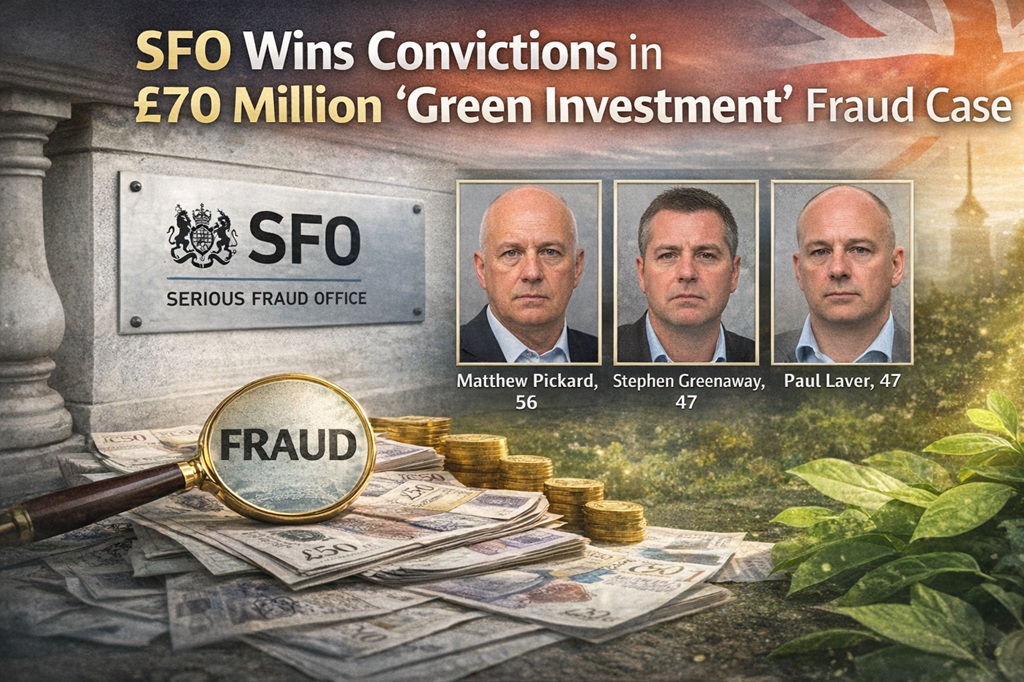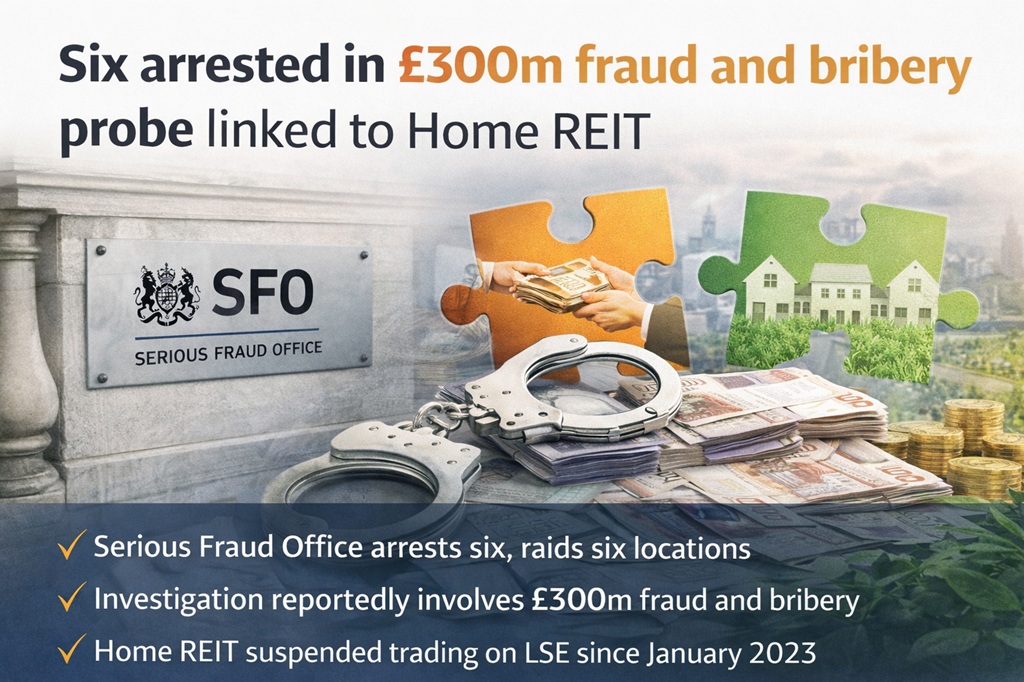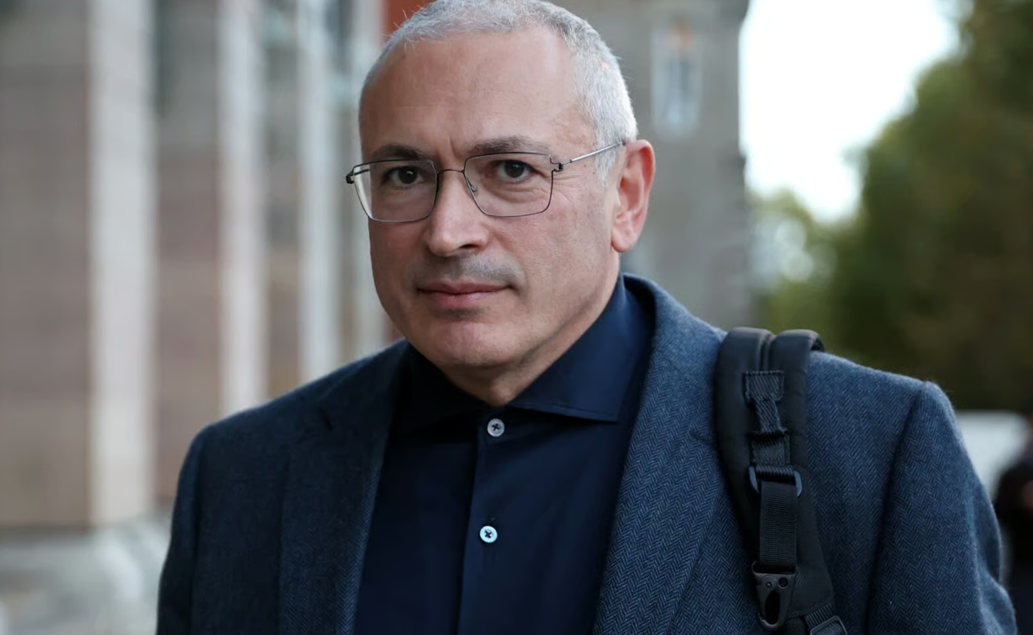LONDON, July 22 — The UK’s Serious Fraud Office (SFO) has frozen over £11,000 in cryptocurrency assets as part of its ongoing criminal investigation into the collapse of Arena Television, in a move marking the first use of new enforcement powers targeting digital assets.
The assets—£10,865.76 in Bitcoin and £289.30 in USDC—are linked to Richard Yeowart, the former CEO of Arena TV, whose high-profile business collapse sparked scrutiny into suspected large-scale fraud. The freezing order follows a hearing at Westminster Magistrates’ Court and allows for the assets to be held for up to nine months, giving potential claimants an opportunity to come forward.
The SFO said the assets were identified by its proceeds of crime specialists as connected to suspected criminal conduct. The agency’s investigation into the Arena TV case has already involved raids, three arrests, and the search of multiple properties.
This enforcement marks the first time the SFO has exercised new legal powers introduced in 2024 to freeze cryptocurrency wallets, as it expands its capability to pursue financial crime involving digital assets.
Thomas Cattee, partner and head of regulatory and white-collar crime at Gherson Solicitors, welcomed the move:
“It’s encouraging to see the SFO actively using its new tools to tackle fraud where proceeds are stored in less conventional forms such as crypto. While not applicable to every case, it reflects the broader trend of fraudsters leveraging emerging technologies to conceal illicit gains.”
Emma Luxton, Director of Operations at the SFO, described the order as a critical step in enhancing the agency’s digital enforcement capabilities:
“We are committed to using every tool available to stop criminals from profiting off their crimes—wherever they may hide their assets. This first Crypto Wallet Freezing Order signals our intent to adapt and respond to increasingly complex attempts to obscure criminal proceeds.”
The legal foundation for these actions stems from powers granted under the UK’s expanded economic crime enforcement framework, introduced in April 2024. While the SFO had not previously used these orders, the HM Revenue and Customs (HMRC) confirmed limited application of similar powers, having sought fewer than five freezing or forfeiture orders across two fiscal years. Specific figures remain undisclosed to protect individual identities.
The case underscores a growing focus among UK regulators on combating digital asset-based financial crime, particularly as crypto becomes an increasingly popular vehicle for laundering illicit funds.




